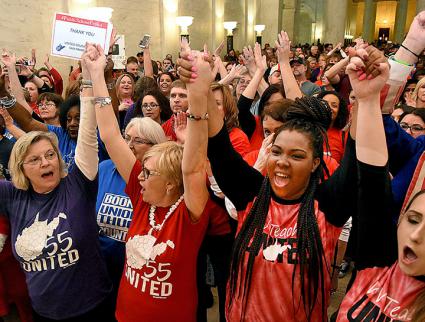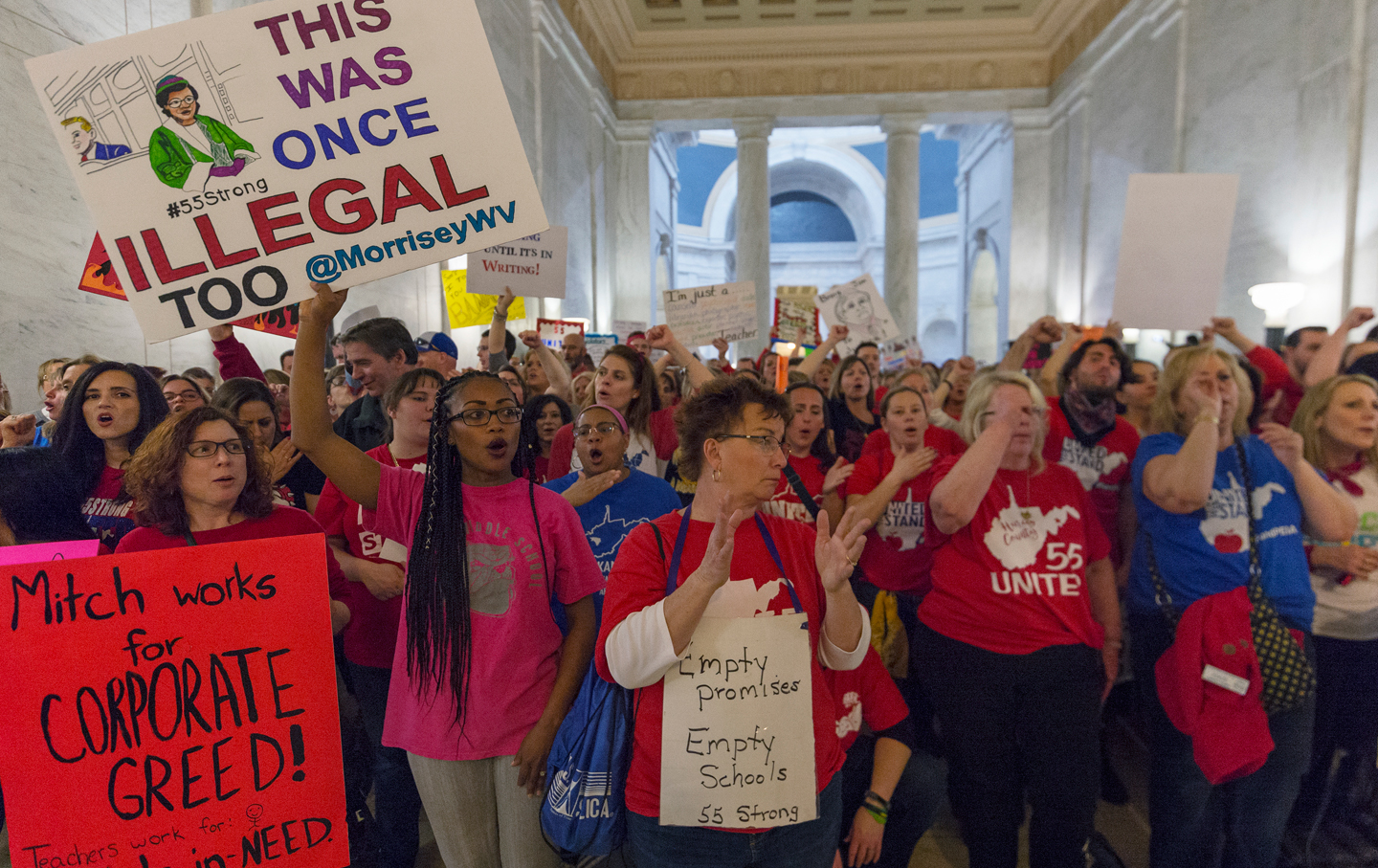For Immediate Release: Tuesday, March 27, 2018
Contact:
Leonie Haimson, leoniehaimson@gmail.com
Lawsuit filed to stop
the closure of PS 25, the 4th best public elementary school in NYC according to
the DOE
Today a lawsuit was filed in the Brooklyn State Supreme
Court against the proposed closure of P.S. 25 Eubie Blake in District 16,
Brooklyn, a zoned neighborhood school, which Chancellor Carmen Farina and the
Board of Education are attempting to close without the prior approval of the
Community Education Council.
Last month, on February 28, the Panel on Educational Policy
voted to close the school which will require students to seek enrollment in other
schools, with no assurance of admission.
Not only is it a violation of NY State Education law 2590-e to close the only zoned school in the
neighborhood without the district CEC’s prior approval, but P.S. 25 is also the
fourth best public elementary school in NYC in the estimation of the Department
of Education, and the second best in the borough of Brooklyn, when the need
level of its students is taken into account.
According to the DOE’s School Performance Dashboard, which
according to Chancellor Fariña is ““the most advanced tool of its kind,” the positive
impact of P.S. 25 is greater than all but three of the city’s 661 public
elementary schools, and its closure would leave the entire city-owned building
to Success Academy Bed Stuy 3, a charter school. [1]
Achievement levels of P.S. 25 students have steadily climbed
over the last three years, and the school now exceeds the city average in state
test scores, despite the fact that a large percentage of students are homeless,
economically disadvantaged, and/or have disabilities. According to DOE’s
figures, the school’s students outperform similar students by 21 percentage
points in ELA and math. The achievement of
the more than thirty percent of students with disabilities is also exceptionally
high.
The school also meets or exceeds standards in all the
following areas: Effective School
Leadership, Trust, Collaborative Teachers, Rigorous Instruction, Strong
Family-Community Ties, and Supportive Environment.
Said Shakema Armstead,
a plaintiff who has a third grader at PS 25, “My son, who has an I.E.P, loves
the school. It gives him and other
students with a sense of community and stability that allow them to
thrive. There is no reason for them to
be thrown into another school where they would have to re-adjust to an entirely
new environment, especially as P.S. 25 is doing so well.”
There is a precedent for this lawsuit. In 2009, a lawsuit
was filed against Chancellor Joel Klein on behalf of parents at three
neighborhood zoned schools, in Harlem and Ocean Hill-Brownsville area, to
prevent the closure of these schools without a vote of the relevant CECs. The lawsuit was joined by Randi Weingarten,
then President of the UFT, and NYC Public Advocate Betsy Gotbaum. Within weeks,
Chancellor Klein withdrew the closure proposals.[2] He subsequently signed the following settlement
agreement:
The [plaintiffs and
the DOE] agree with regard to the three schools identified in the Complaint and
any other traditional public school that, for those grades that are within the
province of school attendance zones, [the DOE] will not close, phase-out,
remove, alter or engage in conduct designed to effect the closure of any such
school in a way that deprives residents of the right to send a qualifying child
to his or her zoned traditional school, without either (1) obtaining, pursuant
to 2590-e(11) of the Education Law, the approval of the relevant Community
Education Council as to such change or (2) timely replacing such school with
another zoned school within the same attendance zone.
In this case, DOE has no plans to create another zoned
school for these children, and yet no vote of Community Education Council 16
has occurred. The DOE claims that the
school is being closed because it is under-enrolled, but this ignores several important
factors: Parents have not been told of
the exceedingly high quality of the school according to the DOE’s own metrics,
and if they had been informed of this, more of them would likely enroll their
children in the school. The DOE could also
install another preK or a 3K program in the school. The availability of space has also allowed for
very small classes, which in turn have provided PS 25 students with an
exceptional opportunity to learn.
Said Leonie Haimson, Executive
Director of Class Size Matters, “It would be tragic if the second best
elementary school in Brooklyn were closed.
PS 25 has very small classes of 10 to 18 students, which are ideal for
such high-poverty students. Given how
the DOE refuses to align the school capacity formula with smaller classes, that
alone makes the school appear underutilized.
It would be extremely disruptive if this closure occurs, especially for
the large number of homeless children at PS 25, because the school is a
sanctuary of stability in their lives. Instead of closing PS 25, the DOE should
celebrate, emulate and expand it—and give more NYC children the same chance to
succeed.”
A copy of the lawsuit is posted
here: https://tinyurl.com/y6wjocsu
###









![[Photo: A large crowd of teachers gather ouside of West Virginia's state capitol during the teachers strike.]](https://rewire.news/wp-content/uploads/2018/03/Strike-1-740x525.png)
